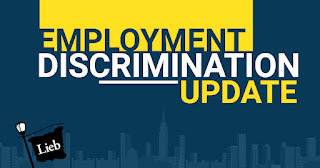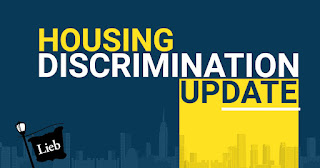On February 8, 2024, the Supreme Court of the United States rendered its decision for Murray v. UBS Sec., LLC, No. 22-660 (U.S. Feb. 8, 2024).
The Court held that "[a] whistleblower who invokes [Sarbanes-Oxley] must prove that his protected activity was a contributing factor in the employer’s unfavorable personnel action, but need not prove that his employer acted with 'retaliatory intent.'”
As such, whistleblowers now have a much lower burden when they are retaliated against for reporting to supervisors or the government their reasonable belief of financial crimes, like wire fraud, securities fraud, violating the SEC, or federal law.

















